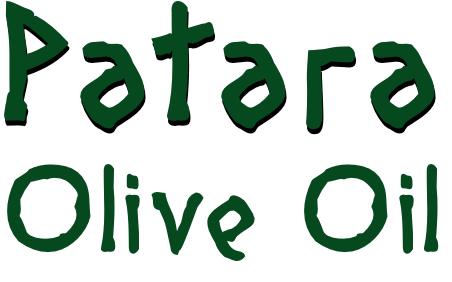Frequently Asked Questions
Sıkça Sorulan Sorular
Here is a list of our top asked questions about olives, olive oils, and balsamic vinegar
What does Extra Virgin mean?
Traditionally produced “Extra Virgin Olive Oil” (EVOO) is made from the first pressing of the olives; it is, essentially, the juice of the olive. Technically, “extra virgin” is a grade of olive oil, usually indicating the highest quality oil that is distinguished by its naturally low levels of free oleic acid. To qualify as “extra virgin,” an olive oil must have a free acid count of less than one percent.
Are raw olives poisonous?
How do you cure your olives?
Brine-curing involves soaking olives in salt water for three to six months. Under the brine, olives ferment, breaking down the oleuropein and converting some of the sugar in the olives into lactic acid, which preserves and flavors the olives.
Are dark red olives an other variety olive?
All kinds of olives – green, black, purple, and reddish/purple – are the same type of olive fruit from the same tree. The difference between green and black olives depends on the ripeness when the olive was picked. As olives ripen, they turn from green to a light red and then purple before becoming black.
What is balsamic vinegar?
Balsamic vinegar is a slightly sweet, dark, richly flavored vinegar used to enhance salad dressings, marinades, and sauces. It can be reduced to a glaze and drizzled over strawberries, stirred into a risotto, or tossed with Brussels sprouts or red onions to let its sugars caramelize in the oven.
